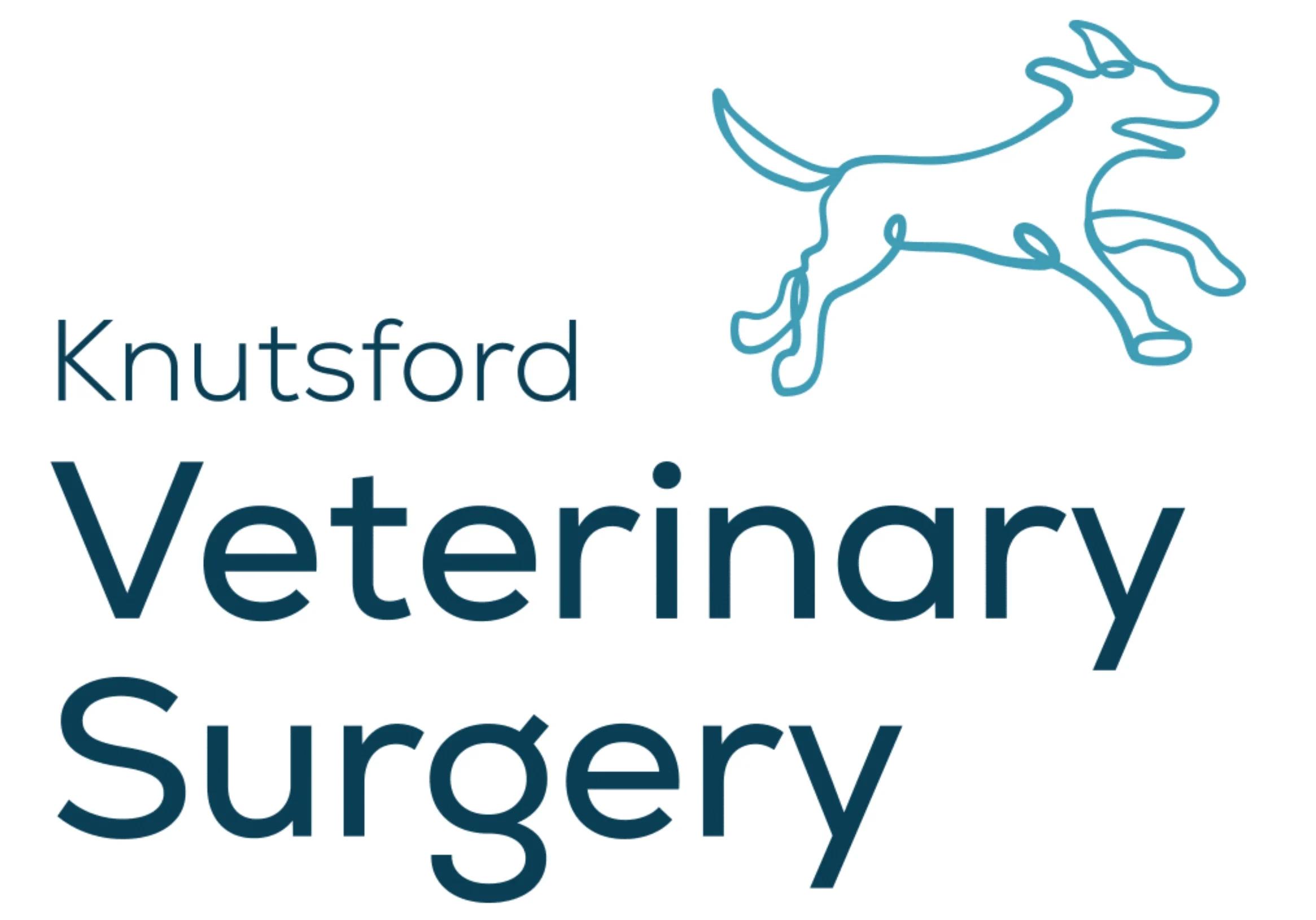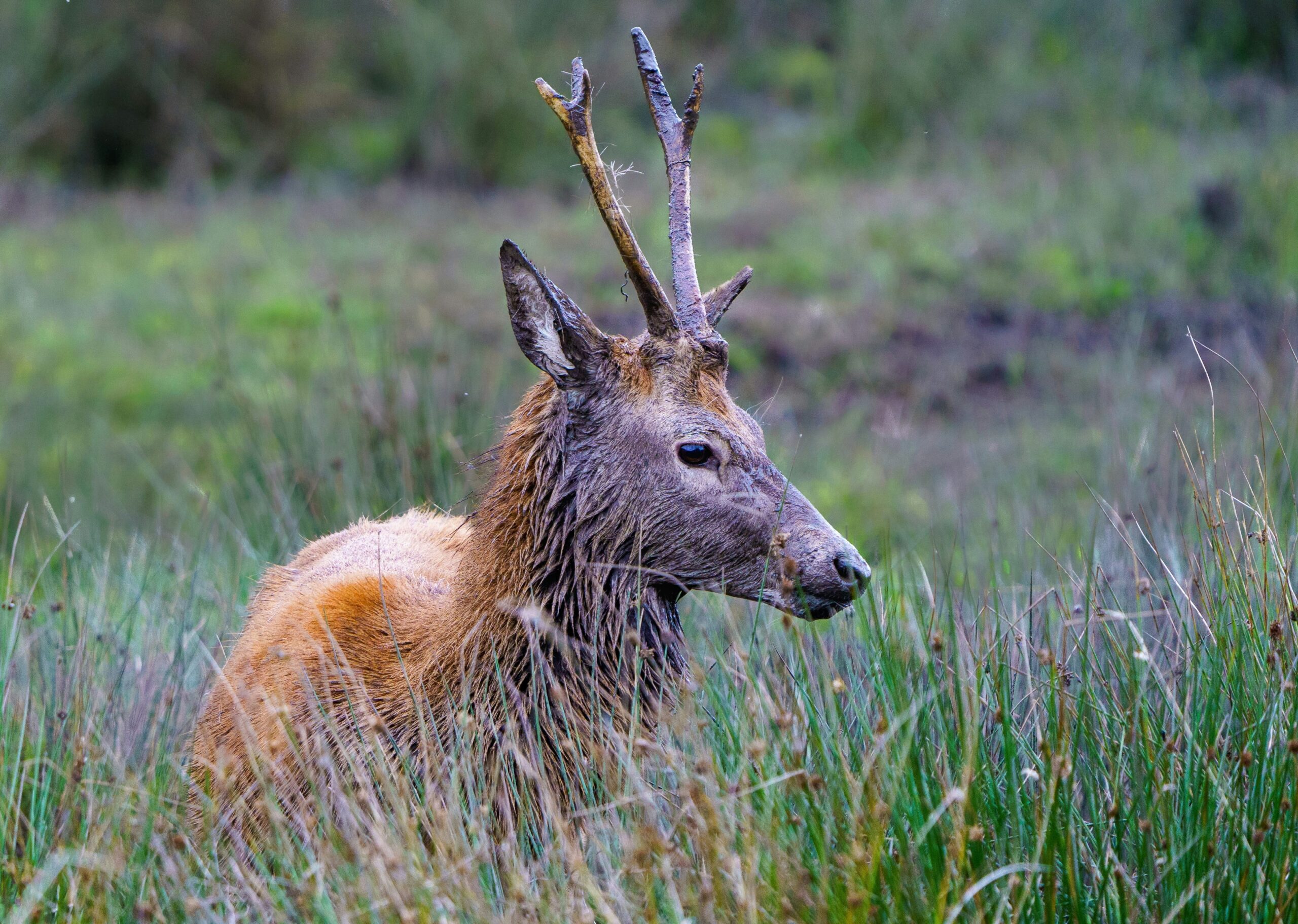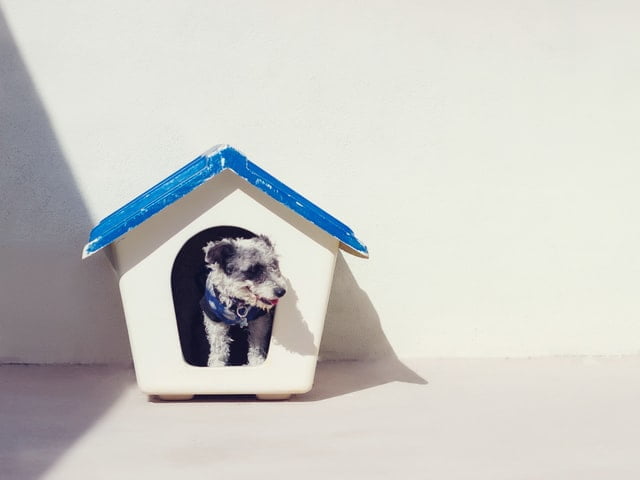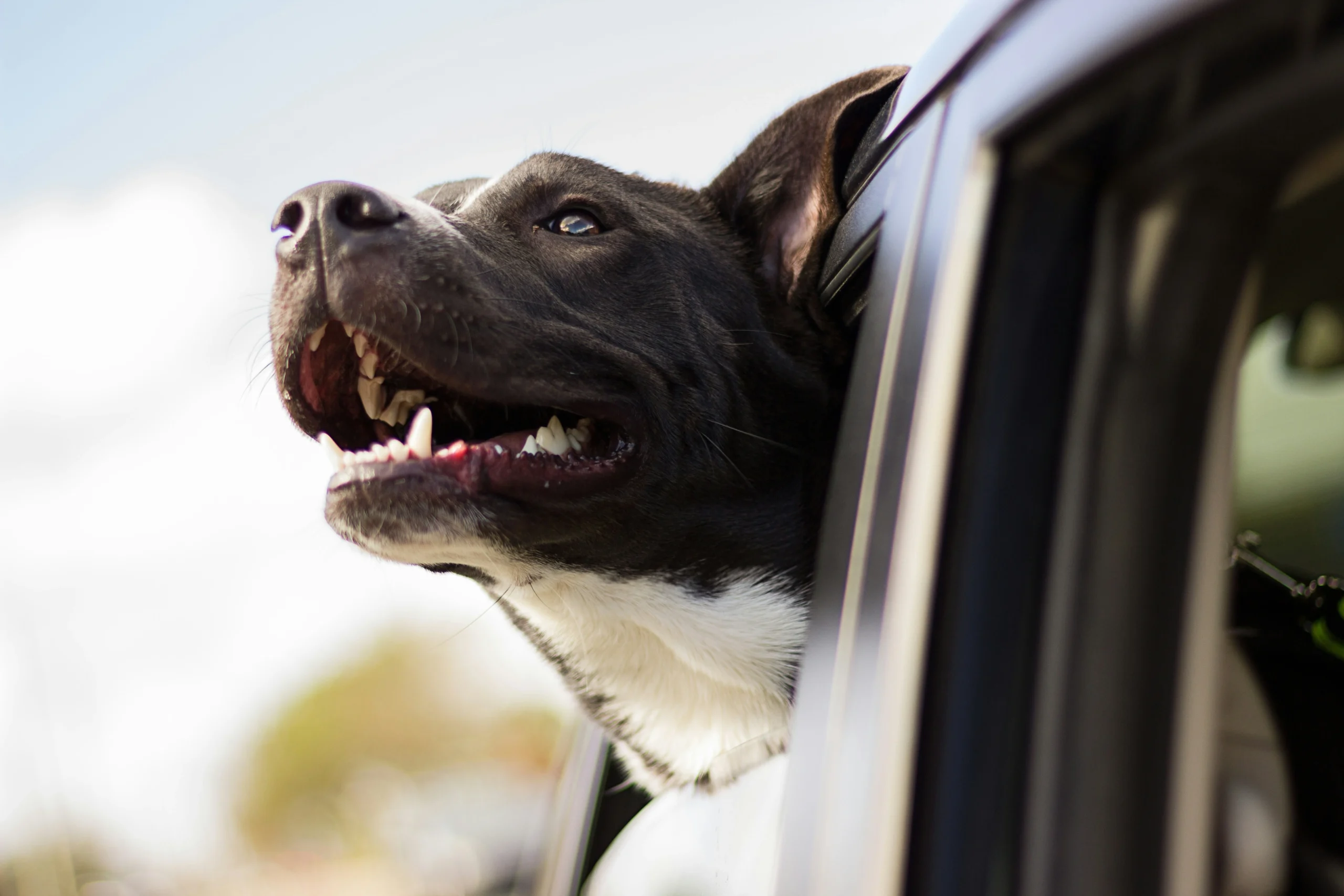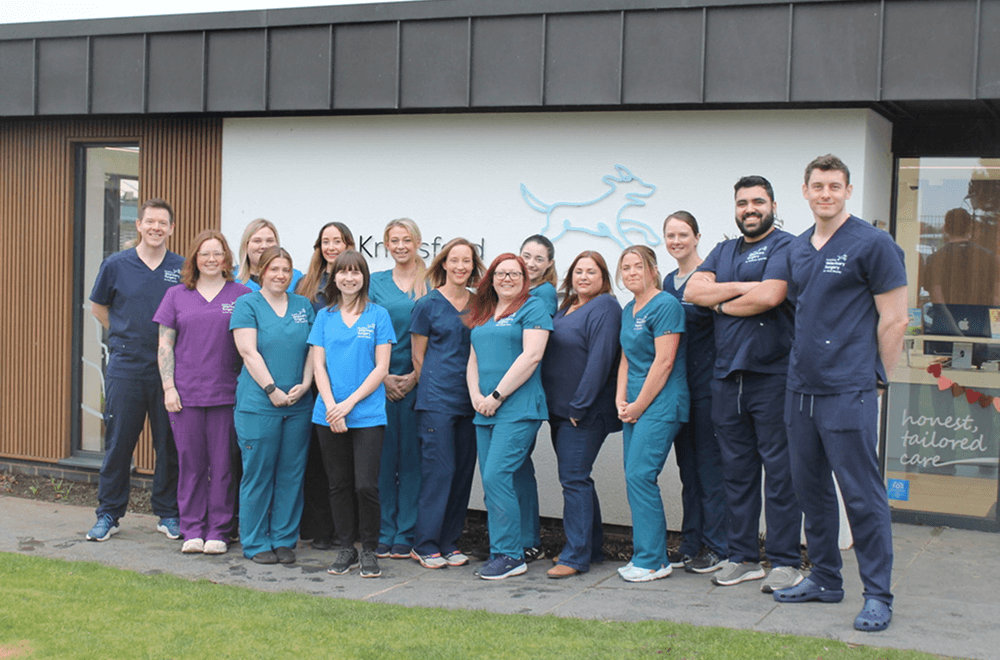Ensuring a Happy Christmas for pets and owners
Christmas is a time for giving, but when it comes to pets you have to be very careful to ensure they remain safe. We know dogs for example want to eat pretty much anything. Dogs and Christmas foods don’t always mix well. You can never be too cautious about what they can and can’t eat so you need t o resist those puppy dog eyes when you’re feasting on your own Christmas snacks.
A lot of the foods we eat at Christmas are harmful to pets, whilst many others should only be enjoyed in moderation or with caution. There are also other potentially hazardous things around the house at this time of year, from toys to alcohol, to decorations.
These tips from the team here at Knutsford Vets will help ensure you make Christmas safe for your pet and enjoyable for all, without a trip to the emergency vet.
Common Christmas Dangers & Advice
- Human Foods
- Safe Foods List for Pets
- Other things they might eat
- Other General Dangers
- Supervise your relatives
- Over treating your pets
- Christmas tree lights and other decorations
- Emergency Vet Treatments
If your pet encounters any of the dangers mentioned in this article, you’ll find all of the information you need about our emergency vet services here.
Foods that we eat around this time of year might seem like a treat for your pet,
but they have the potential to ruin Christmas with a trip to the emergency vet or worse.
Human Foods
Christmas is a great time to enjoy some of those luxury items that we only buy once a year. Unfortunately, many of these items are harmful to pets so resist the temptation to give them a taste. We’ve collated a list of items that can be harmful to pets, even though as humans we can enjoy them so much.
As a general rule, don’t give anything to your pet other than meats (avoiding pork and ensuring all bones are taken out) and cooked vegetables. Don’t give them too much as this may affect their digestion, just think how you feel after overindulging, same goes for your pet. If you give your pet anything they haven’t eaten before, be cautious and do so in moderation, this way you can see how they react to it. You’ll see the safe items for pets at the end of this section.
Grapes and raisins
Grapes raisins are poisonous for dogs and cats, it’s still not known why but avoid your pet from consuming them. They can cause serious illness including kidney failure. Many dogs can become seriously unwell after just one or two grapes, whilst others might need a whole bunch to have any effect. Symptoms include vomiting and diarrhoea occurring as soon as two hours after ingestion. The best advice is to keep these out of reach of your dog. Raisins are dried grapes so the same goes, they have exactly the same effect so please avoid.
Mince pies and other festive cakes
Although you should avoid feeding your pet cakes in general, you should take extra care around Christmas. The majority of cakes at this time of year contain raisins, which we’ve already established are poisonous to pets. They may also contain other toxins including alcohol. Keep mince pies, Christmas pud and the brandy sauce well out of reach of your pet.
Chocolates
Chocolate is toxic to cats and dogs, causing an upset stomach or vomiting if they eat too much and at very high levels will cause neurological signs and seizures. Whether you receive chocolates as a present or buy the customary box for the whole family to enjoy, these are not something that your pets should not eat. Pets have also been known to ingest the wrappers, which can cause damage or obstructions internally.
Ham
Slow cooked ham is a Christmas favourite in many British households, but don’t be tempted to feed it to your pets. Foods which are high in both salt and fat can cause your pet stomach ache and diarrhoea. Even if their stomach can tolerate it, their weight won’t. Pork has a much higher fat content than lean beef or chicken. The same applies to many other cured or processed meats, such as salami, bacon or sausages, keeping these for human consumption only is the best advice.
Bones
If you give your cat or dog some turkey, that’s ok but please ensure all traces of bones are removed. Turkey is one healthy way to let your pet enjoy Christmas with you, but the small bones in turkey can lodge in their digestive tract or cause them to choke. Make sure you carefully pick all of the bones out of the meat and don’t give them anything on the bone.
You might also be tempted to give your dog a big bone. There’s nothing wrong with your dog chewing on a bone from the pet shop or butchers, but once they’re cooked they can splinter. This can lead to fragments of them being swallowed which can cause issues as serious as perforating an organ or as mild as constipation. The tricky thing here is making sure you dispose of your bones properly. Seal them in a bag before putting them in the bin.
Macadamia nuts
Keep macadamia nuts out of reach of your pets. Macadamia nuts can cause your dog to experience weakness, depression, tremors, vomiting and hyperthermia when ingested. Symptoms can last from 12 hours to two days. You should always contact your vet if the amount eaten is significant.
Alcohol
You obviously know that you shouldn’t give alcohol to your pets, but pets may drink alcohol from the floor or straight out of the glass if it tastes nice enough. It’s important that all alcohol is disposed of before you go to bed and that you don’t leave any unattended when your pet is around.
Ingestion of alcohol can cause a drop in blood sugar, blood pressure and body temperature. Common signs of alcohol poisoning in pets include depression or lethargy, incoordination, vomiting and drooling. Keep those Cats and dogs tea total.
Dairy items
There’s a lot of dairy items around at Christmas time, such as cheese, butter and cream. You should avoid feeding these to your pets or leaving them unattended. Dairy is a leading source of food intolerance in pets, so if your pet is allergic it could cause an upset stomach. Even if your pet is not intolerant, dairy products are high in fat and not healthy for our pets.
We’d like to wish all of our clients a Merry Christmas and a safe Christmas for your pets.
Safe foods for pets
Even though there are a lot of dangers for pets around Christmas, it is still great to get them involved in the celebrations and even give them their own safe Christmas dinner. These things are all safe for pets to have. All new foods should be given in moderation as they have the risk to cause sickness or diarrhoea if your pet is allergic.
- Turkey meat or chicken – take care to remove all bones and skin
- Cooked salmon – NOT smoked salmon which is high in salt
- Lamb – take care to remove all bones
- Scrambled egg – ensure not extra salt or pepper is added.
- Vegetables, including sprouts, parsnips, carrots, peas, swede, potatoes (mashed without butter)
There are also countless kinds of Christmas themed treats for pets, which can offer a fun and 100% safe treat for them around this time of year.
Other pet dangers at Christmas time
With so much new and exciting stuff in our pets’ environment, it’s no wonder that they want to give it a taste. You’ll need to keep a close eye on your pet to ensure they don’t eat anything they shouldn’t do and if they do, you might need to seek veterinary assistance. Here are some common things that pets have been known to ingest around Christmas time.
Christmas Tree Pines
Christmas tree pines are low in toxicity and at worst will cause an upset stomach, however they can cause damage internally due to their sharp nature. They have been known to injure the digestive tract, which has the potential to be quite serious. With this in mind, you should avoid giving your pet access to any rooms with natural Christmas trees if they are unattended.
Holly, mistletoe or other natural decorations
Many natural decorations can cause a hazard for our pets, especially if they have berries on. Holly is low in toxicity, but the berries can cause an upset stomach. Mistletoe berries are the same, with the European variety causing an upset stomach, whilst the American ones are far more dangerous.
Potpourri
If you happen to have some out at Christmas, ensure that you keep it well out of reach of your pet. Potpourri can be extremely harmful to pets, causing sickness and even seizures. The effects may last a number of days and may require a stay at the vets to support their body and avoid dehydration. With this in mind, it’s best to avoid potpourri and opt for a safer alternative. If you do happen to have some, ensure that you keep it well out of reach of your pet.
Silica Gels
You’ll have seen these little sachets in new shoes, handbags, wallets and a whole host of other things that are unwrapped over Christmas. Despite being labelled ‘Do Not Eat’ they are low in toxicity, but they can still cause an upset stomach if ingested. Best to throw them away as soon as you see them just in case.
Small toys and board game pieces
Board game pieces or any other small toy pieces can be harmful to our pets. Don’t leave small toys, including those from Christmas crackers lying on the floor, should your animal eat one, It’s quite common for these to lodge in the digestive tract and cause a serious obstruction. If this is the case it may require surgery to remove. Slightly bigger items can cause a serious risk of choking.
Boxes or other packaging
Although there is no danger of poisoning, plastic packaging can cause a risk of injury if it breaks up in your pets mouth. The plastic can cut the skin around their mouth and if it breaks up they may choke on the pieces. Staples and adhesives may also cause issues. Throw packaging of any kind away and don’t let your pet play with it.
Wrapping paper
Although wrapping paper is not toxic, the ink can discolour your pet’s mouth and the fur around their mouth. If they eat a lot of wrapping paper, it may cause their digestive tract to become blocked. Sellotape stuck to the paper may cause your pet to choke.
If your pet becomes unwell and we are open, bring them to us immediately.
For all out of hours emergency appointments, contact our emergency vets partners. Find out more below.
Other general dangers
Our pets can be clumsy things, especially when they’re excited (and let’s face it, Christmas is exciting). With this in mind, it’s worth bearing these general dangers in mind around this time of year to keep your pet safe and injury free.
Supervise your relatives
One of the biggest dangers to your animal is over excited relatives, especially if they don’t own a dog or cat themselves. It’s important that they know the dangers so they don’t feel tempted to feed them “treats” that could be harmful to them. You should also ensure younger members of the family know how to behave around your pet to avoid them encouraging any unwanted behaviour for the animal. Whether it’s granny feeding your dog under the table or an over excited nephew playing with your cat, new people around the house can be unsettling for your pet’s stomach and behaviour.
Over treating your pets
Remember that just because it’s Christmas, your pet’s weight is still important. Any special treats should be given in moderation to ensure they maintain a healthy weight. Read our safe list to know what your pet can and can’t eat. A high fat diet can cause pancreatitis and other illnesses, and cases of these illnesses have been known to increase in the time after Christmas. Accounting for any festive treats by reducing their normal food can help keep the balance.
Christmas tree lights and other decorations
Christmas decorations of all kinds can cause a serious hazard for our pets. It’s important that you pet proof any decorations. Pets pulling over Christmas trees and ruining lovely displays are a serious risk for injury. Tinsel, Christmas tree lights and other shiny objects can be confused with a toy, so best to supervise them at all times around the decorations.
Emergency Vet Treatment
Knutsford Vet Surgery is closed on Christmas Day, Boxing Day and New Years Day so if the worst happens and your pet becomes seriously ill over Christmas, you might need to contact or take them to the Emergency Vet.
The best option to speak directly with a Vet in an emergency is Video Vet from Vets Now, this is a £24 consult fee which is refunded if an in person appointment is recommended within 48 hours.
Vets Now our emergency partner have many locations, the two nearest in the event an appointment is required are:
Vets Now Macclesfield or Vets Now Manchester
(please note out of hours fee is £216.00 plus a consult fee of £72)
If they are ill as opposed to injured, we recommend that you scan their environment for potential poisons that they may have ingested. Are there any of the foods that we have mentioned open in the house that your pet may have accessed? Are any pieces missing from small toy sets? Is there Lego or other small toys in their environment? Have you fed them anything new in the last 24 hours?
The more information you have for the vet, the greater chance their treatment has to be effective. If the vet already has an idea of what they might be dealing with they can explore those options of diagnoses first.
If your pet is choking, you should first check the back of their mouth for anything causing an obstruction.
Don’t waste any time if they are in trouble and take them to the emergency vets as soon as possible!
